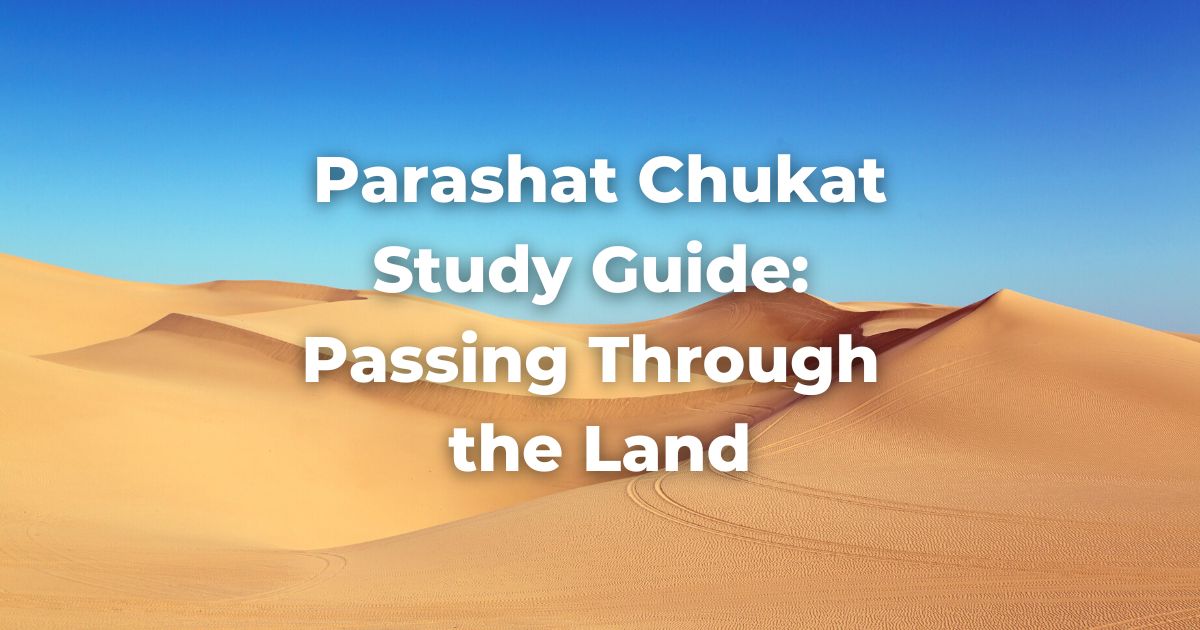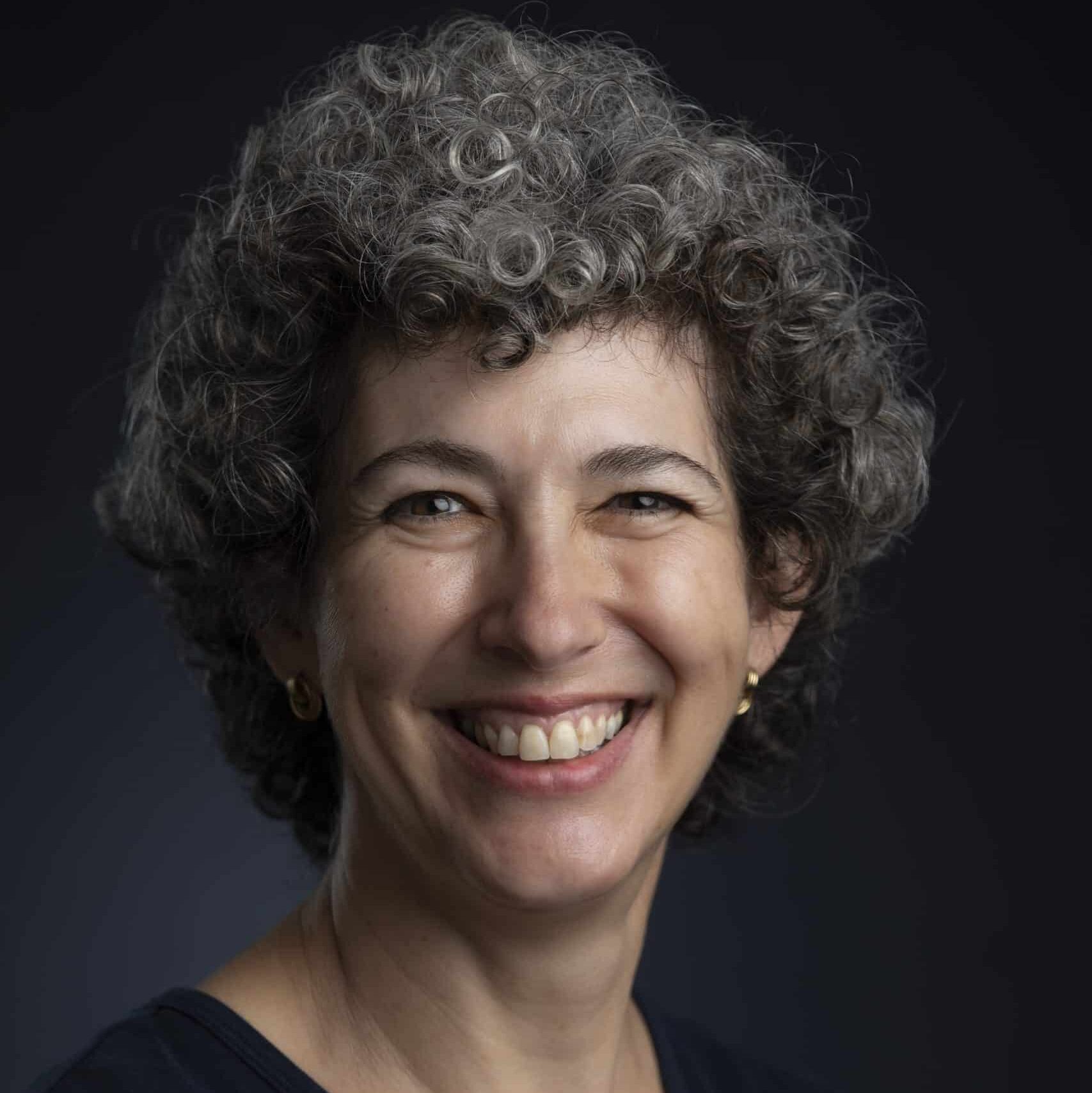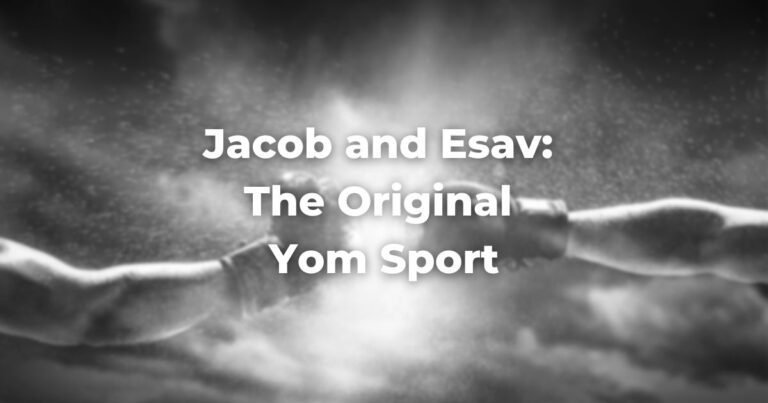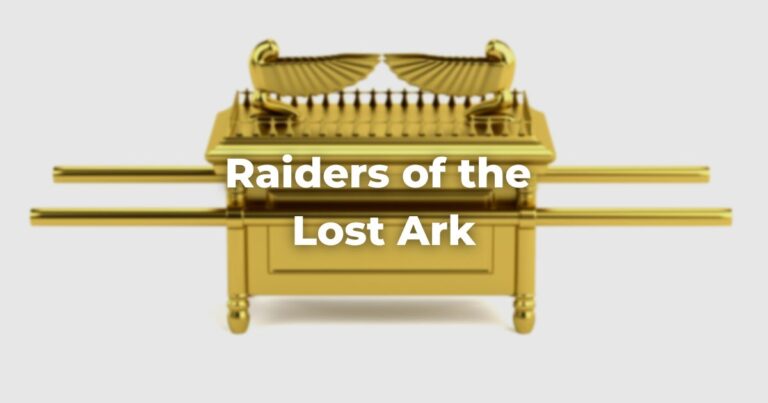Text: Bemidbar 21:21-22:1
21:21 And Israel sent messengers to Sihon, king of the Amorites, saying, 22 “Let me pass through your land. We will not turn aside into fields or vineyards; we will not drink water from wells. We will go by the King’s Highway until we have passed through your territory.” 23 But Sihon would not allow Israel to pass through his territory; and Sihon gathered all his people together and went out against Israel in the wilderness, and he came to Jahaz and fought against Israel. 24 Then Israel defeated him with the edge of the sword and took possession of his land from the Arnon to the Jabbok, as far as the people of Ammon; for the border of the people of Ammon was fortified. 25 So Israel took all these cities …
33 And they turned and went up by the way to Bashan, and Og king of Bashan went out against them, he and all his people … 35 And they defeated him … and they took possession of his land.
22:1 And the children of Israel moved and camped in the plains of Moab across the Jordan from Jericho.
The area of Sihon is located on the east side of Jordan, from Wadi el-Mujib (Arnon) in the south to the area of Dir Ala in the north. The area of Og, the Bashan, is north of that, heading into the Golan plateau.
- The Israelites send a request to pass through the land of Sihon. Based on the conditions that they offer, what are the fears of the inhabitants of the area?
- Why do you think that Sihon rejected the request?
- No request is mentioned as having been sent to Og, king of the Bashan. Do you think that this stage was skipped in the storytelling or in reality? Why might Og not have been given the opportunity to acquiesce?
For those wishing to do a broader comparative study of the Israelite approach to passing through the land, through Transjordan, read Bemidbar 20:14-21: the [not] passage through Edom.
Commentary: Rashi on Bemidbar 21:23
But Sihon would not allow Israel—For all the Canaanite kings paid him tribute, because he protected them that no hostile forces should pass through his land against them. When Israel said to him, “Let me pass through your land,” he answered them: “The whole purpose of my dwelling here is to protect them against you, and yet you speak thus!”
- How does this reason compare to your suggestion as to why Sihon refused?
- Rashi’s reading adds an element of irony to the events. What role does Rashi assign Sihon in the regional geo-politics? What impact will his defeat have on the region?
See more: Parashat Chukat
Originally posted as part of the Conservative Yeshiva at the Fuchsberg Jerusalem Center’s Torah Sparks. Support TorahRefers to the first five books of the Hebrew Bible, the Tanakh, also called the Five Books of Moses, Pentateuch or the Hebrew equivalent, Humash. This is also called the Written Torah. The term may also refer to teachings that expound on Jewish tradition. Read more learning from the Fuchsberg Jerusalem Center/Conservative Yeshiva for leaders and seekers around the world here.
Authors
-

Vered Hollander-Goldfarb teaches Tanach and Medieval Commentators at the Conservative Yeshiva and is a regular contributor to Torah Sparks, FJC’s weekly message on the weekly Torah portion. She received her M.A. in Judaic Studies and Tanach from the Bernard Revel Graduate School of Yeshiva University and studied at Bar-Ilan University and the Jewish Theological Seminary. Before making aliyah, Vered taught at Ramaz School and Stern College in New York.
View all posts -



The Fuchsberg Jerusalem Center (FJC) is a home in the heart of Jerusalem where leaders and seekers can find an authentic place in Jewish tradition to call their own. FJC offers opportunities to study, pray and explore within an egalitarian and inclusive setting, creating multiple pathways for finding personal and communal meaning.
View all posts






